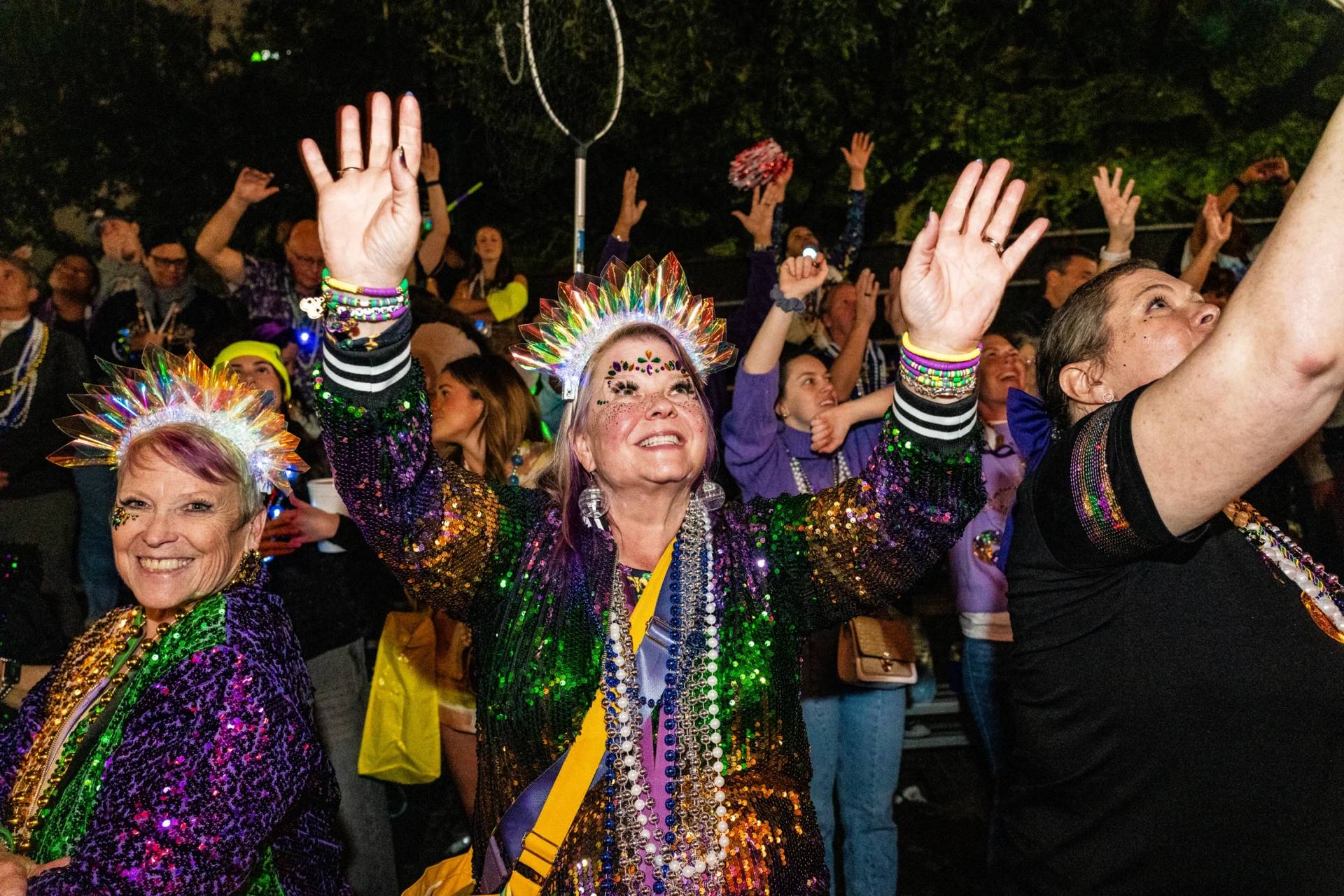NEW YORK – As a United Nations climate summit kicks off Nov. 30 in Dubai, American Catholic leaders are calling for cooperation among global leaders to accelerate the transition to clean energy and, above all, to consider the needs of the poor and vulnerable.
In a statement, U.S. Conference of Catholic Bishops’ committee chairmen called decarbonization of the economy the “preeminent environmental challenge faced by all nations” that must be addressed without burdening middle- and low-income citizens with increased costs.
“While we are encouraged by recent decarbonization efforts in the United States … this tremendous challenge cannot be achieved alone through the efforts of individual persons or even nations, and will require long-term cooperation by all,” the chairmen said.
“No government will be successful in reducing greenhouse gas emissions in the long run if it requires a significant increase of the energy costs of middle- and low-income citizens,” they added. “In other words, climate goals must represent both the ‘cry of the earth’ and the ‘cry of the poor,’ and include the financial support by developed nations for adaptation, resilience, and recovery of the most vulnerable.”
The statement was signed by Archbishop Borys Gudziak of the Ukrainian Catholic Archeparchy of Philadelphia, chair of the USCCB Committee on Domestic Justice and Human Development, and Bishop Elias Zaidan of the Maronite Eparchy of Our Lady of Lebanon, chair of the USCCB Committee on International Justice and Peace.
Gudziak and Zaidan highlighted that “justice for the poor” includes the 3.3 billion people worldwide with limited energy and 700 million without any electricity at all.
The climate meeting, the 28th meeting of the Conference of the Parties to the United Nations Framework Convention on Climate Change — or as it’s commonly called, COP28 — will run from Nov. 30 through Dec. 12 in Dubai, United Arab Emirates. More than 70,000 delegates are expected to attend, according to the U.N., including representatives from about 200 countries.
Pope Francis was scheduled to attend the conference before he came down with a bronchial infection. President Joe Biden will not attend the conference, either. However, Vice President Kamala Harris is scheduled to travel to Dubai to attend the meeting on Dec. 1 and 2.
Multiple American Catholic organizations will have a presence at the conference. The Maryknoll Office for Global Concerns, which operates out of New York and Washington, has sent two representatives to the conference to “ensure that the Catholic voice is heard.”
Catholic Relief Services, the U.S. bishops’ international humanitarian aid agency, also sent a delegation.
“Having witnessed firsthand the devastating impacts of climate change in Madagascar, I can attest to the urgency of immediate global action,” said Rado Ravonjiarivelo, a member of the CRS delegation.
“Our communities are facing unprecedented challenges — prolonged droughts in some areas, flooding in others. Severe food shortages. The loss of livelihoods,” Ravonjiarivelo said. “These are not distant threats; they are realities happening now, drastically altering daily lives that require different types of interventions.”
Jose Aguto, executive director of the Catholic Climate Covenant, urged participants of the meeting to set ambitious goals to reduce greenhouse gas emissions, and a transition to renewable energy sources that doesn’t leave behind those in the poorest and most vulnerable communities.
“In the spirit of Laudato Si’ and Laudate Deum, we pray they remember that there are three interconnected relationships that demand our attention: Our relationship with the Creator, with each other, and with our common home, Earth,” Aguto said, citing two teaching documents by Pope Francis on environmental themes.
“We cannot attend to just one of these relationships and exclude the others, remaining indifferent to the other two,” Aguto said.
The top ticket item for COP28, according to the U.N., is a discussion of the results from the first-ever Global Stocktake, which assesses progress toward the goals of the Paris Agreement, particularly its goal of limiting global temperature rise to below 1.5 degrees Celsius. Speeding up the expansion of renewable energy sources to phase out fossil fuels is also a prominent topic.
Commenting on COP28, Cardinal Robert McElroy of San Diego, among the U.S. bishops’ most vocal climate advocates, echoed the importance for world leaders to develop and enact just climate policies, but also emphasized the responsibility Catholics have at home.
“We echo Pope Francis’ call to all people to take action and reemphasize his praise for the U.S. bishops’ characterization of global warming’s social dimension, which recognizes ‘our care for one another and our care for the earth are intimately bound together,’” McElroy said in a statement.
“Therefore, we seek a strong Catholic response in our own homes and parishes to mitigate the effects of climate change in a context of faith, recognizing that the poor and vulnerable face life-threatening circumstances, and our actions ultimately constitute love for neighbors on a global scale.”
Follow John Lavenburg on Twitter: @johnlavenburg















